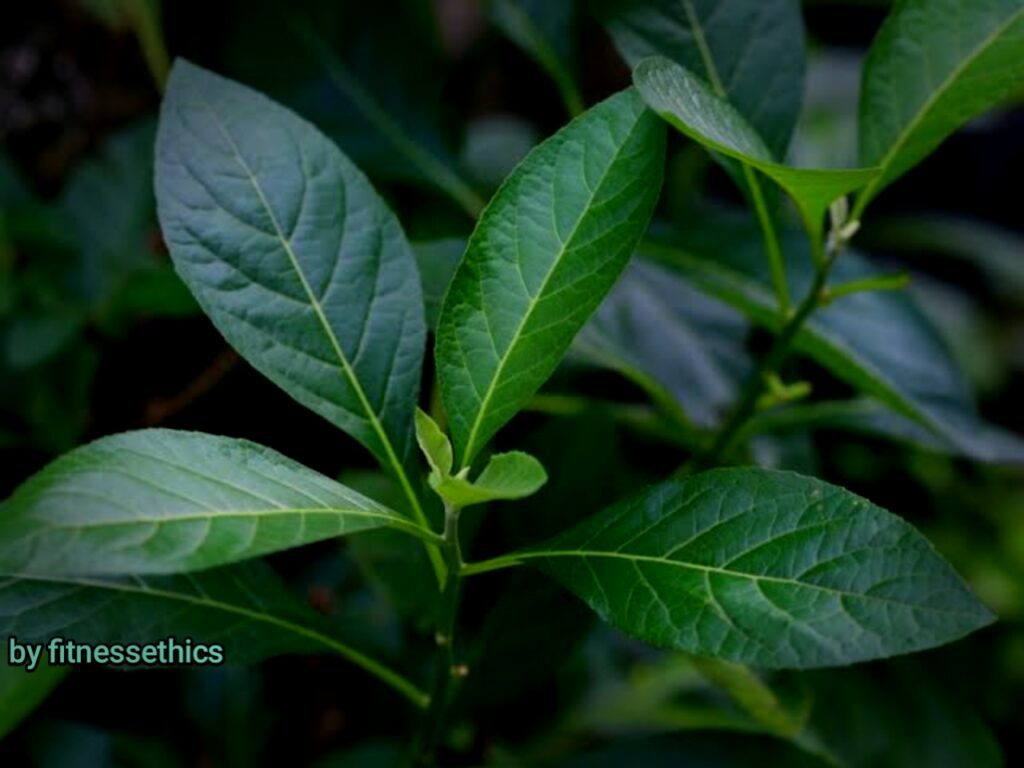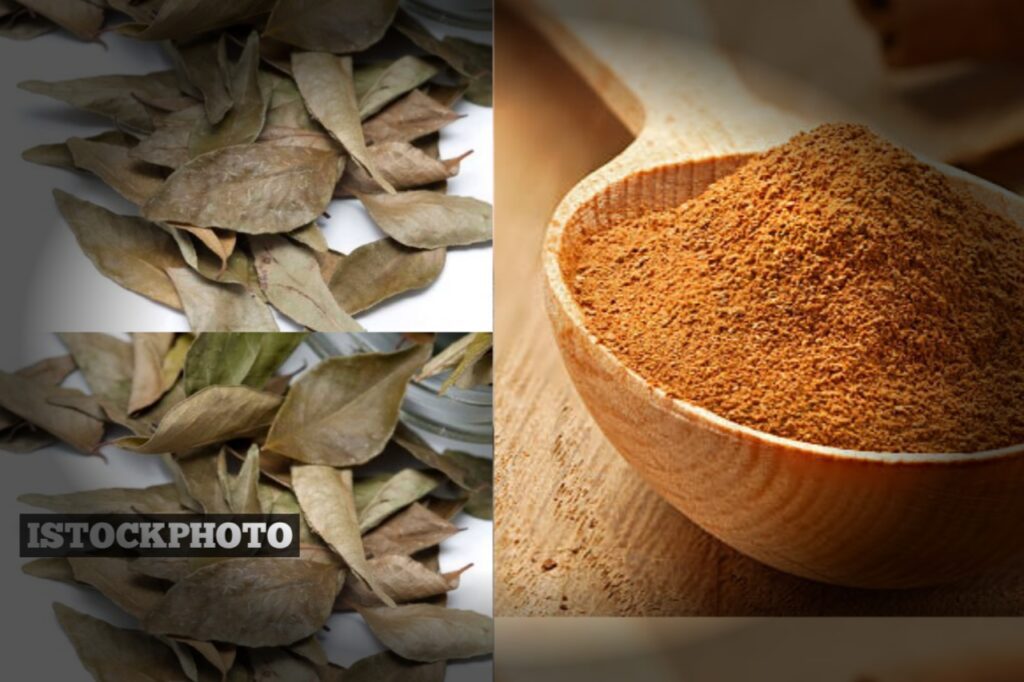Gastritis is a common condition characterized by inflammation of the stomach lining. It can cause symptoms such as abdominal pain, bloating, nausea, and indigestion. Many people wonder about the effects of various foods on gastritis, including mango. In this article, we will explore the relationship between mango and gastritis based on authentic research.
Mango for Gastritis
Mangoes are delicious tropical fruits that are packed with essential nutrients. They are a rich source of vitamins A, C, E, and dietary fiber. The high fiber content in mangoes can have potential benefits for individuals with gastritis.
Fiber plays a crucial role in digestive health. It aids in regulating bowel movements and promoting overall gut health. For individuals with gastritis, consuming an adequate amount of fiber can help alleviate symptoms and improve digestion. However, it’s important to note that excessive fiber intake may cause discomfort for some individuals, so moderation is key.
Moreover, mangoes contain natural enzymes that aid in digestion. These enzymes, such as amylase and protease, help break down carbohydrates and proteins, respectively. By assisting in the digestive process, mangoes may provide relief from gastritis symptoms.
Additionally, mangoes are known for their anti-inflammatory properties. They contain several bioactive compounds, including polyphenols and carotenoids, which have demonstrated anti-inflammatory effects. By reducing inflammation in the stomach lining, mangoes may contribute to the management of gastritis.
While mangoes offer potential benefits for individuals with gastritis, it’s important to consider individual tolerance and the severity of the condition. Some individuals may experience discomfort or worsened symptoms after consuming mangoes. It’s recommended to consult with a healthcare professional or a registered dietitian before making any dietary changes.
Is Mango Juice Good for Gastritis
Mango juice is a popular beverage enjoyed for its refreshing taste and nutritional value. However, when it comes to gastritis, the effects of mango juice may vary.
On one hand, mango juice retains many of the beneficial nutrients found in whole mangoes, including vitamins and minerals. These nutrients can support overall health and may contribute to better digestion and gut function. The hydrating properties of mango juice can also be beneficial for individuals with gastritis, as proper hydration is essential for optimal gastrointestinal health.
On the other hand, mango juice can be acidic, which may trigger or worsen symptoms in some individuals with gastritis. The acidic nature of mango juice can irritate the stomach lining, leading to increased discomfort and inflammation. For those with sensitive stomachs or severe gastritis, it may be best to avoid or limit the consumption of mango juice.
It’s important to note that the impact of mango juice on gastritis can vary from person to person. Some individuals may tolerate mango juice well, while others may find it aggravates their symptoms. As with any dietary change, it’s crucial to listen to your body and consult with a healthcare professional to determine what works best for you.
Conclusion
Mangoes, with their high fiber content, natural enzymes, and anti-inflammatory properties, have the potential to benefit individuals with gastritis. The fiber in mangoes can aid in digestion and promote gut health. The natural enzymes in mangoes may assist in the breakdown of carbohydrates and proteins, facilitating better digestion. However, individual tolerance and the severity of the gastritis should be considered when incorporating mangoes into the diet.
Regarding mango juice, it retains the nutritional value of mangoes but may have an acidic nature that can irritate the stomach lining. This can trigger or worsen symptoms in some individuals with gastritis. It’s important to pay attention to personal reactions and consult with a healthcare professional before consuming mango juice.
While mangoes offer potential benefits for individuals with gastritis, including improved digestion, reduced inflammation, and overall gut health, it is crucial to approach the consumption of mangoes with caution and individualized consideration. Moderation is key, and it is always advisable to consult with a healthcare professional or a registered dietitian before making any significant dietary changes.
It is also worth noting that the effects of mangoes and mango juice on gastritis can vary depending on the individual’s overall diet and lifestyle. Gastritis is a complex condition influenced by various factors such as stress, medication use, and the presence of other digestive disorders. Therefore, adopting a holistic approach to managing gastritis is essential.
[starbox]



